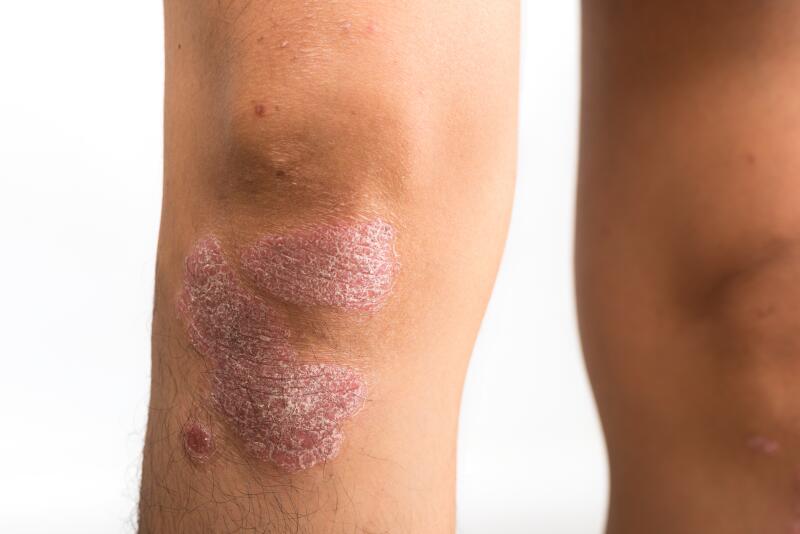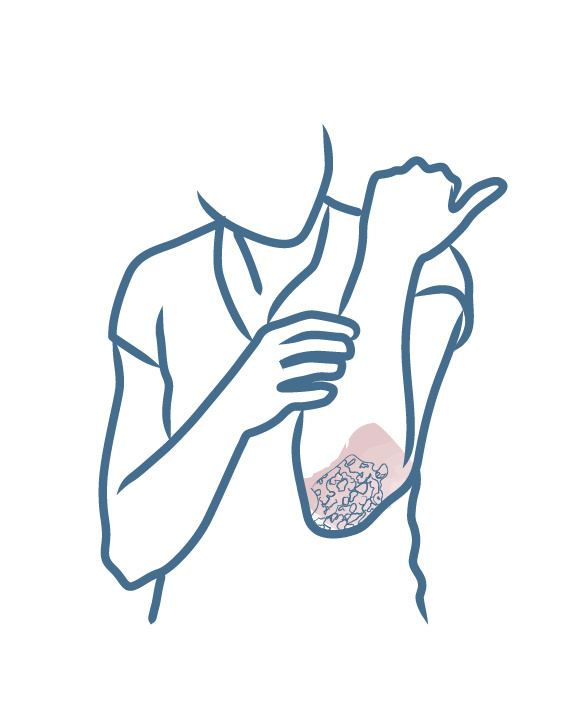-
Your concerns
Our articles to help you gain a better understanding
-
Our solutions
-
Ducray Dermatological laboratories
Our articles to help you gain a better understanding

Psoriasis is a chronic inflammatory disease in which immunity plays a major role, but the mechanisms that cause disruption of the immune system in psoriasis are not yet fully understood. Some scientists believe that inflammatory psoriasis plaques are a result of antigens activating the immune system, (antigens are already present in the body and in the skin of the individual). To say that psoriasis is an autoimmune disease is only half the story!

Summary
An autoimmune disease is traditionally defined by the presence of autoantigens but also by the production of autoantibodies by B lymphocytes which in this instance transform into antibody-secreting plasmocytes. Lupus is an example of an autoimmune disease, where native anti-DNA autoantibodies cause inflammation and organic lesions in the skin, joints, heart, kidneys, and brain, etc. No autoantibodies have so far been identified in the physiopathology of psoriasis, but autoimmunity in psoriasis is still widely discussed, since the individual's own immune cells, and especially their T lymphocyte cells, start to overreact to autoantigens and attack them, when normally they would tolerate them!
Until we get a clearer picture of the physiopathological mechanisms of psoriasis, it is suffice to say that psoriasis is a chronic inflammatory disease in which the patient's own immune defenses play a major role, hence the efficacy of various immunomodulatory or even immunosuppressive treatments prescribed by dermatologists. Psoriasis is a disease based on genetic predisposition, combined with various environmental factors such as climatic conditions, stress and use of substances such as tobacco, alcohol, certain drugs, etc.
Finally, it should be noted that the causes of psoriasis can be associated with other diseases with an immune component such as chronic inflammatory bowel diseases, as well as overweight, obesity, diabetes or high blood pressure, thus increasing the risk of cardiovascular diseases.
Psoriasis-prone skin

Skin prone to stubborn dry plaques
NEWSLETTER
Dermatological expertise
To better understand your skin and hair, discover our exclusive content and innovative care products designed to improve your quality of life..